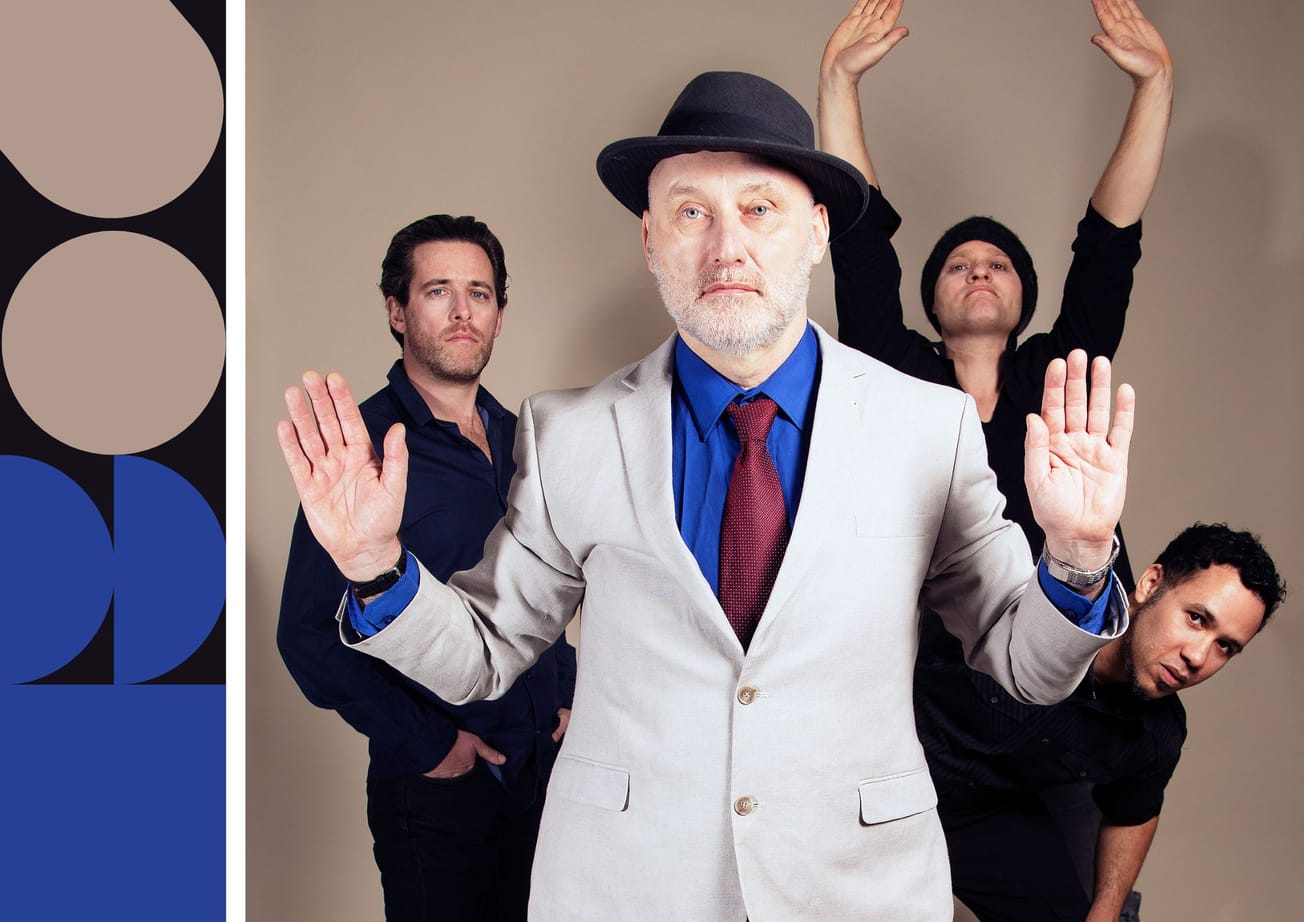Ben Sewell, Medicine, Intercalating
Boris’ government has recently released their new drug plan (and no we’re not talking about this year’s Downing Street Christmas party). What does it entail? I spent my Christmas reading it, so you don’t have to.
Firstly, the current landscape: drug use is rising, as it has been since 2012. Crack and opiate addiction currently impacts over 300,000 people. Drug deaths are the highest they’ve ever been.
Most people with addictions go untreated (especially those on probation) and what treatment is available is often woefully inadequate.
Boris Johnson is promising a £300m investment to close down drugs gangs and dismantle 2,000 more "county lines" supplies with thousands more arrests https://t.co/ySDTgXtPMU
— Sky News (@SkyNews) December 6, 2021
In addition, county lines, which Johnson has repeatedly referred to as a primary motivator for the policy change, see as many as 2,000 children in London used to traffic drugs to rural counties.
Therefore, it has been determined that a strong new strategy is needed to make Britain drug free, through better policing, better treatment and a shift in attitude towards drugs.
This paints people suffering from addiction as victims
The policy will certainly come as a disappointment to many activists pushing for drug decriminalization, as this has been ruled out due to a lack of evidence of efficacy. Perhaps they haven’t noticed these policies in countries such as Portugal, which have led to massive reductions in drug use and HIV infections.
On the positive side, there’s finally some meaningful investment in drug rehabilitation services. £780 million is to be invested into national and community projects (finally recouping the 17 per cent decrease in funding over the past 4 years). A more holistic approach to addiction therapy is also being promoted.
This all looks great on paper, but the real question will be whether the government correctly prioritises rehabilitation over retribution.
On the one hand, a commitment has been made to reduce stigma around drug use and addiction, while they also plan to ‘Do more than ever to target people in possession of illegal drugs’ and ‘Make drug use unacceptable’.
We’re getting tougher on crime to provide the safety, security and support that communities need to level up. pic.twitter.com/UEVx9g6FTP
— Boris Johnson (@BorisJohnson) December 6, 2021
Johnson’s speech failed to mention any positive policies, instead painting people suffering from addiction as victims of drug gangs, with little agency or identity of their own.
Elsewhere, it’s stated that nearly 1000 new positions for justice workers are being created to tackle the country’s drug crisis, but only 800 new health professionals will be recruited.
Given the bungled COVID response, which often saw medical policy put in non-medical hands, it would not come as a surprise if the same mistakes are made again.
The problem? Middle-class people are not being caught with drugs
The part of the policy that has caught national attention is the focus on ‘recreational’ drug users and increasing the severity of punishments.
The argument goes that middle class, lifestyle users are key in driving demand for drugs, so harsher punishments need to be put in place to prevent them from using. One strategy is to increase the power to issue community sentences. Potentially, people caught in possession of drugs will be offered a choice: take a drug awareness course or have their passport removed.
Will anyone in the government be forced to do drug tests? Unlikely.
The problem? Middle-class people are not being caught with drugs. Most possession offences come in the context of other crimes (which the government will still punish with custodial sentences) or stop and search.
Arrests are being ramped up in the Police, Crime, Courts and Sentencing Bill (#KillTheBill). As it seems unlikely that bouncers at Lakota will be sending freshers to the police, or that cops will be patrolling the streets of Surrey, this means that the real victims of these policies won’t be rich home counties kids, but homeless or working-class black, brown and GRT people.
Passports to be removed from illegal drug users in Boris Johnson’s new crackdownhttps://t.co/C5MJw0Qf5R
— GB News (@GBNEWS) December 5, 2021
Even more insidious is the move to force people who have been arrested or imprisoned to undergo drug testing without their consent. If drugs are found in their systems, this could be used to enforce ‘temporary custodial sentences’. So much for supporting recovery from addiction.
It’s worth noting that both Michael Gove and Boris Johnson have admitted to using cocaine before, while recent reports have found cocaine in almost every bathroom in Downing Street.
Will anybody in government be forced to do drug tests? Will cabinet members have their passports removed? Unlikely. If they did, how would they be able to avoid work by paddleboarding in Crete?
The Prime Minister attended a drugs raid with @MerseyPolice today, where he saw first-hand the work going on to stop the scourge of drugs.
— UK Prime Minister (@10DowningStreet) December 6, 2021
We're putting £300 million into tackling the ruthless gangs that are behind this trade and who target the most vulnerable. pic.twitter.com/9SjqrvukOs
Students also got a shoutout, unfortunately only as the recreational users that are apparently ruining the country. From next year we can expect to see messages from the government deterring us from using drugs.
The problem is, at least in Bristol, we already have that. The All About Drugs policy was launched by the SU last year. This was in line with the Uni’s move towards a Harms Reduction strategy, which was helped by people from all over Bristol, including students from Project: Talk, The Psychedelic Research Society and Students for Sensible Drug Policy.
Policy should not be made by government departments completely divorced from the issue
The current policy from the Uni recognises that a “Zero-tolerance stance is harmful and damaging as it prevents students reaching out as they may fear being punished” and “Not only is support important but having accurate and useful advice is essential to reducing harm”.
The SU stated they were ‘Concerned that the government’s new policies could prevent students from reaching out for help…our harm reduction work with the University of Bristol and BDP has already engaged hundreds of students with accessing support and drugs testing. With tougher penalties, those students are unlikely to have reached out for support.’
Policy for students should be made by those who struggle with drug use and the people who support them, not government departments completely divorced from the actual issues they face. Should initiatives like “All About Drugs” be embraced and supported by the powers that be, we may start to see some positive change. Until then, I guess we’ll have to just put our faith in Boris. God help us.
Featured image: Unsplash/Colin Davies
What do you think the impacts will be of the government's new drug policies? Let us know @EpigramOpinion !









